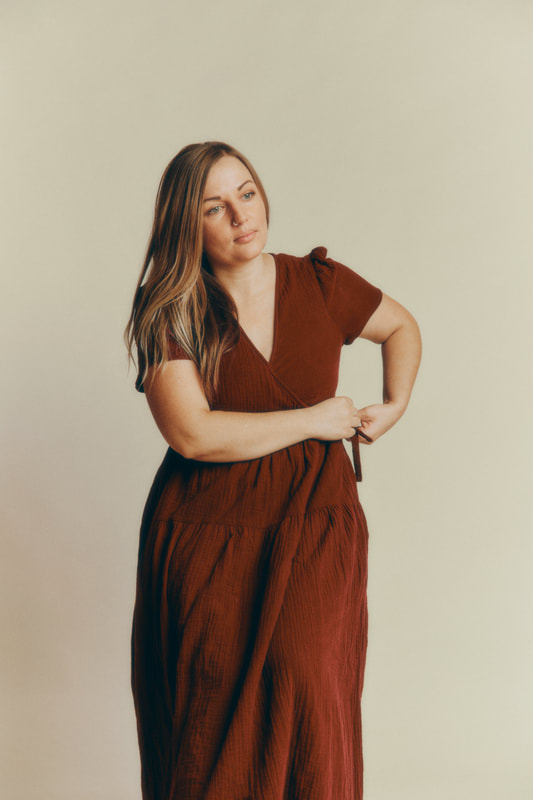|
Historically, a “doula” was simply a sister, mother, female cousin, or grandmother who had given birth themselves and went on to support the younger generation of mothers through birth and early postpartum. The word doula simply means, “a woman of service”. While traditionally female relatives served as support persons throughout reproductive years, our modern culture does not set us up for this grandmother to granddaughter type of support network. A relative or friend may help the birthing woman feel safe and empowered which is incredibly helpful during the birthing process. However, there is a distinction between this support and that of a trained birth professional. What is the distinction? Our birthing experience is often limited to our own births or the specific information we have chosen to take in. Further knowledge of variations of labor, coping techniques beyond what worked for ourselves, communication skills and learning to set aside our own bias and preference are needed to fill this support gap to make for safer and more satisfying birthing experiences in all settings. Emotional distance and level of education in physiology of pregnancy, birth and the early postpartum period are crucial differences to be made between support person and doula. In our modern birth culture, a doula is a certified, non-medical birth professional who is trained to support expecting families informationally, physically, and emotionally throughout pregnancy, continuously through the birthing process, and into the early postpartum period. A doula’s role will be unique to the client. Some mothers need more informational support, others need more emotional support, and sometimes the birthing partner wants to feel more informed and helpful along the way. A doula does not offer advice or recommendations and instead offers information and resources to the birthing family in order that they feel empowered to make informed choices for themselves and their growing family. The services of a certified doula extend beyond emotional and physical support, which a family member or friend could provide wonderfully. A doula offers their birth knowledge to help families when labor curve balls are thrown their way. When medical intervention is offered, a doula offers information about the risks, benefits, and possible alternatives in order to help families make informed decisions in the moment. For the times that unplanned medical attention is needed, a doula will explain what is happening to the family as there often isn’t time to do so by the medical provider. Offered intervention and or unplanned, needed medical assistance can be a part of labor in all birthing locations (home, hospital, and birthing center). The Cochrane Database of Systematic Reviews does state that support from a chosen family member or a friend appears to increase women’s satisfaction with their experience of childbirth, compared with women who had no companion during labor but that women who receive support from experienced and trained support persons have improved health outcomes as well. Best evidence upholds the use of a trained support person during childbirth. “Continuous support in labour may improve a number of outcomes for both mother and baby. Continuous support from a person who is present solely to provide support, is not a member of the woman's own network, is experienced in providing labour support, and has at least a modest amount of training, appears beneficial.” - Cochrane Library Labor of Love Doula and Childbirth Services of Fayetteville, GA have offered this helpful information to expecting mothers: “If you are going to have a friend attend your birth, enjoy that support. But do not feel that you have the full advantages of having a trained and experienced doula. You do not. She may have had the type of birth you desire. Ask her who was with her at the time. Ask her how she prepared for that birth- the classes she took and the books she read. Do that. But realize she is not a doula who has taken the time to be trained.” Friends and family, especially women who have already experienced the type of birth you're planning for, are incredibly helpful and can be a huge support to you and your partner. Your partner also plays an important role during the labor process. If your partner is empowered to hold space as you labor, they may help you feel safe and loved throughout your birth. That said, a friend and or a partner are not the same as a doula and a distinction must be made for the safety and satisfaction of birthing women. Birthing mothers should have the option of non medical continuous support, and best evidence upholds the support of a trained birth professional. When choosing a birth doula it may be helpful to ask a few of the following questions in order to confirm what support you will actually be receiving: What training have you had? Who is your certifying organization? What specific services do you provide? What is your birthing philosophy? If you are interested in learning more about the role of a doula or how to go about training and the certification process email [email protected] and I would be happy to send information your way! Warm wishes for a happy day! Comments are closed.
|


